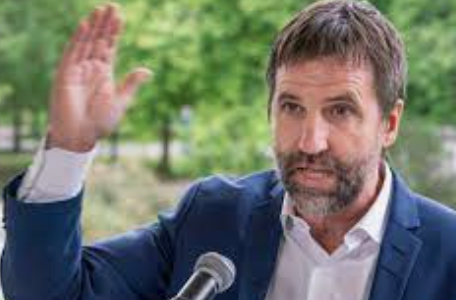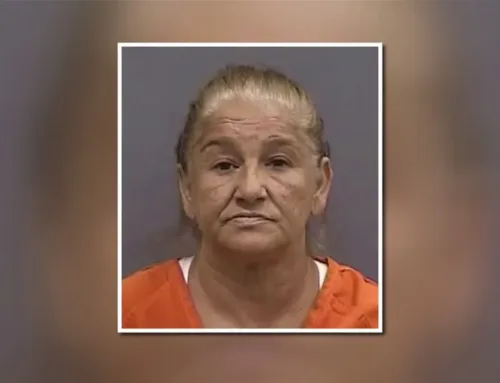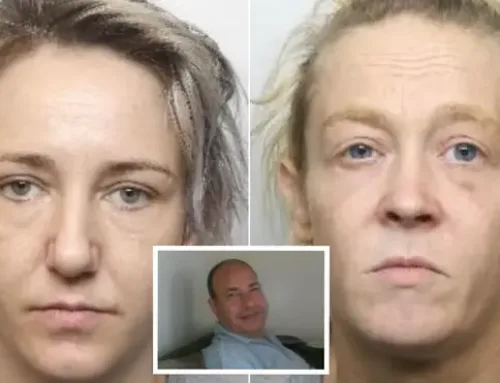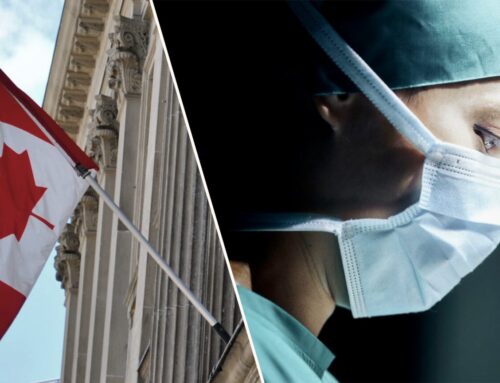By
July 30, 2021
-Western Standard
The Liberals will appoint Canada’s first Chief Internet Censor who will be able to shut down websites, investigate anonymous complaints and conduct closed-door hearings into legal but hurtful content deemed a threat to “democratic institutions.”
Blacklock’s Reporter says technical papers released by Heritage Minister Steven Guilbeault’s department on Thursday said cabinet would determine “the threshold for what constitutes potentially illegal content.”
“Social media is being used to spread potentially illegal and abusive content,” Guilbeault said in a statement.
First-ever regulation of the internet in Canada is required, he said adding “we need consistent and transparent rules.”
The heritage department in a paper and discussion guide outlined the scope of a censorship bill to be introduced in Parliament this fall.
“It would prioritize a safe, open and inclusive Internet where Canadians feel they can express themselves without being victimized or targeted by certain kinds of harmful content,” wrote staff.
Cabinet would appoint a chief censor, called the Digital Safety Commissioner, to provide “advice on content moderation” and issue compliance orders on Facebook, Twitter, YouTube and other service providers under threat of $25 million fines.
Censored content was not defined but anonymous complainants could trigger an investigation over websites deemed to “distort the free exchange of ideas by discrediting or silencing targeted voices” or “threaten national security, the rule of law and democratic institutions,” wrote staff.
The Safety Commissioner would be empowered to block websites or “make the content inaccessible” in Canada.
“The government intends to introduce a bill in the fall of 2021,” said the guide.
“This consultation is an important step.”
Documents stressed new censorship regulations would target online content not already prohibited. Parliament since 1970 has banned hate speech under the Criminal Code. and all provinces have libel laws.
“Definitions would draw upon existing law including current offences and definitions in the Criminal Code, but they would be modified in order to tailor them to a regulatory as opposed to criminal context,” wrote staff.
“The government recognizes there are other online harms that could also be examined and possibly addressed through future programming activities or legislative action.”
Guilbeault in a March 31 podcast said censors should prohibit hurtful comments about public officeholders.
“We have seen too many examples of public officials retreating from public service due to the hateful online content targeted towards themselves or even their families,” said Guilbeault.
CLICK HERE TO SUBSCRIBE TO THE WESTERN STANDARD, AND READ THE FULL STORY




